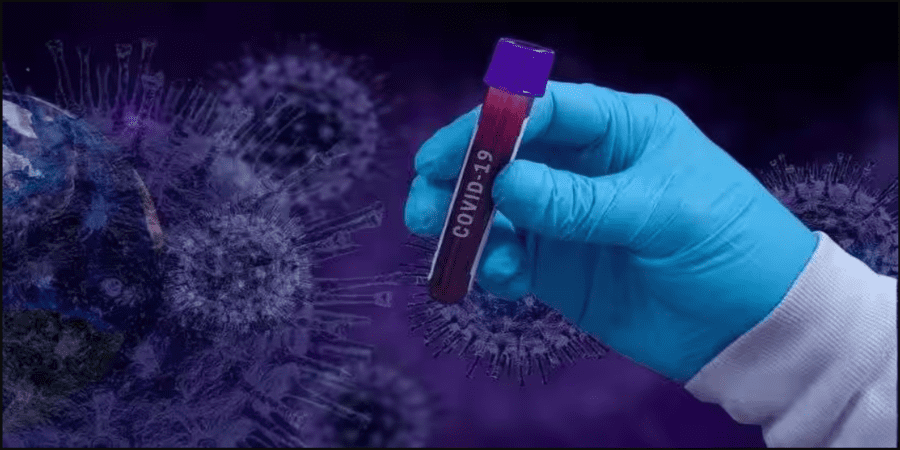Public health officials are closely monitoring a new subvariant of Omicron known as JN.1 after it was detected in over a dozen countries in recent weeks (1).
First identified in Japan in late November 2022, the JN.1 subvariant descends from the BA.2 lineage of Omicron but contains additional mutations that may affect transmissibility and immune evasion (2). Cases of JN.1 have since been reported in countries including the United States, UK, India, Australia, and several European nations (3).
Early epidemiological data suggests JN.1 may be even more transmissible than previous Omicron subvariants. In Japan, JN.1 cases rose rapidly in November and December, accounting for nearly 40% of COVID-19 cases by late December (4). Some experts say JN.1 may be the most transmissible form of COVID-19 detected yet (5).
However, there is no evidence so far that JN.1 causes more severe illness compared to other Omicron subvariants. The World Health Organization states there is no data indicating any differences in disease severity for JN.1 (6). Additional studies are needed to determine the subvariant’s immune evasion capabilities.
Public health officials emphasize that existing vaccines and treatments remain effective against JN.1 (7). Getting up to date on COVID-19 vaccinations and boosters continues to provide optimal protection against severe disease, especially for high-risk populations. Continued genomic surveillance is critical for detecting and tracking emerging subvariants (8).
While the emergence of JN.1 does not appear to pose a major public health threat at this time, experts stress the importance of continuing mitigation measures like masking and improving ventilation (9). With COVID-19 still widely circulating globally, vigilance for new subvariants is key to rapid public health response.
References:
WHO COVID-19 Weekly Epidemiological Update, 4 January 2023
Sagoshi et al., BioRxiv, 9 December 2022
CDC COVID Data Tracker Weekly Review, 6 January 2023
Matsuyama et al., Eurosurveillance, 22 December 2022
Hayashi & Fujita, The Japan Times, 3 January 2023
WHO Statement on Omicron Subvariants, 2 January 2023
Kubota & Iwasaki, Cell, 14 December 2022
PANGO Lineages Report, 12 January 2023
Statement by ECDC Director Dr. Andrea Ammon, 9 January 2023





